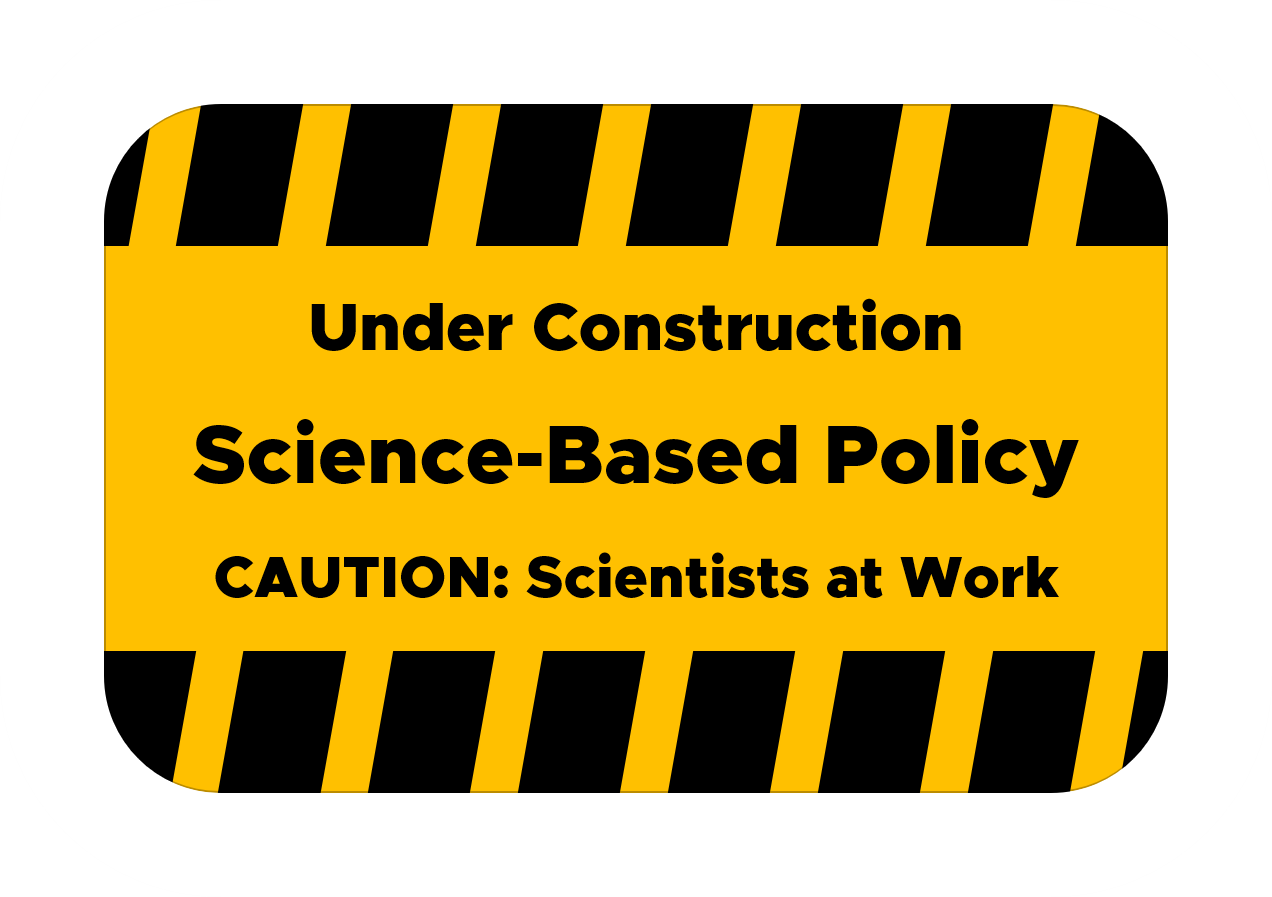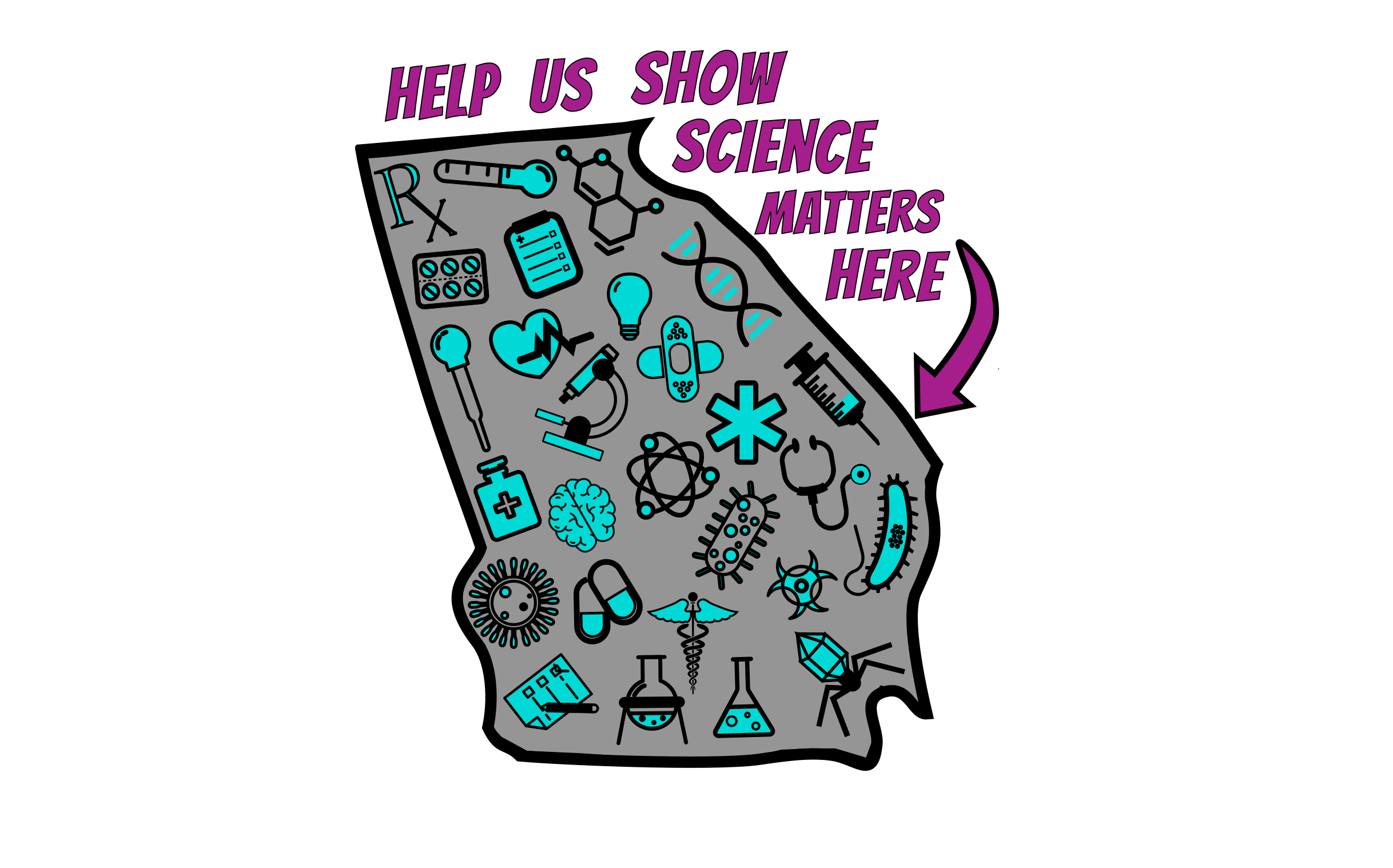January was a series of significant Wednesdays. Its hard to write anything else without mentioning…

Scientifically Speaking: Hypothesis & Theory
Common understanding
For many of us, theory and hypothesis mean the same thing: a “guess” at how or why something is the way it is. Once it is confirmed, it stops becoming a “theory / hypothesis”, and becomes “fact”.
For example, in a murder mystery, the theory / hypothesis would be “the butler did it” because he was in debt and the murder victim’s antique coins are missing. When investigators find the butler’s fingerprints on the handle of the gun, the stolen coins in the butler’s home, and a witness comes forward with pictures of the butler burying the murder victim, it becomes “fact”.
Scientific meaning
For scientists, a hypothesis is a guess that you can test. After it gets proven, it becomes a theory, or as we would normally call it, “fact”.
In the above murder mystery example, “the butler did it” starts as a hypothesis (guess) and turns into a theory (fact).
There are 2 things that make a fact a theory:
- Theories make predictions.
- Theories must be disprovable.
Point 1 is fairly straightforward: while a fact will tell you what something is right now, a theory will tell you what something could be, given enough information. For example: a fact will tell you that 4.5 million pounds of rocket fuel can send the space shuttle into orbit, but a theory will tell you how to put anything into orbit, so long as you have the time, the money, and the fuel to spare.
Point 2, on the other hand, requires a bit more explanation. To start off, calling anything a “fact” implies that it will never change, and that we will never learn more. By calling it a “theory” instead, we acknowledge that we may one day learn something new, disprove what we once thought as “fact”, and replace it with something better. Plus, calling theories “facts that might change if we get a bigger particle collider” gets a bit tiresome.
Acknowledging that we may learn more in the future isn’t the entire point of disprovability, though. Just as important, the fact that a theory is disprovable means that we can test it, to MAKE SURE it is correct. If you can’t check your work, then how can you be confident that your theory even makes any sense?
To tie all our points together in a nice, coherent example, let’s say we guessed or “hypothesized” that gravity is actually just interdimensional magicians pulling things together. Saying “a wizard did it” won’t tell me how fast an apple falls when it drops from a tree. I can’t write an equation about how angry warlocks will turn stars into black holes. Saying that all matter wants to travel in straight lines, and then saying that really big and heavy objects pull on these lines, and then attaching equations to describe how this amount of mass creates this amount of distortion on these lines DOES lead to something we can predict. And by comparing what the math says will happen with what what really happens, we can prove or disprove our hypothesis, and determine if it is worthy of the title of “theory”. It’s perfectly possible that some hyper-cuboid Harry Potter is making the Earth spin around the Sun, but using a “fabric of spacetime” that we can directly interact with using math allows us to make predictions about asteroid paths and satellite orbits. Sorcery and hand waving doesn’t really lend itself to equations, or predictable results, but a “fabric” made of lines, vector fields, and grids do. And without equations or predictable results, we wouldn’t have GPS, intercontinental cell phone calls, and a whole bunch of other cool stuff.
And sometimes, these well-thought-out, mathematically-sound theories prove to be wrong. This is perfectly normal: just as we found Newton wasn’t entirely right after Einstein discovered that things act weird around the speed of light, so it may come to light that while the butler may have done the murder, he was blackmailed into it by the victim’s jealous ex-husband. We have improved our theory.
That doesn’t mean Newton’s theory is useless now, either: while it isn’t 100% correct, it’s still useful DEPENDING on what question you are trying to answer, and what your point of view is. If you want to calculate the speed of a baseball after getting hit by a bat, use Newton’s equations. If you’re dealing with, say, protons moving at 150,000 miles per second inside a particle collider, get in touch with Einstein (and a few other guys). A similar principle applies to the butler. If all you care about is how the victim died, you can say the butler shot them in the back of the head with a black market Derringer pistol, BUT if you want to know why the victim was killed, you can say that the ex-husband hired a pack of mobsters to threaten the butler.
Notes:
- Primary source (aside from a slew of colleagues in the scientific field) was Wikipedia (as is tradition in the modern age)
- We can thank Karl Popper, one of the superstars of modern scientific philosophy, for defining science and the theories it rests upon as something that both makes a prediction, and can be disproven (or as he would put it, “falsified”).



